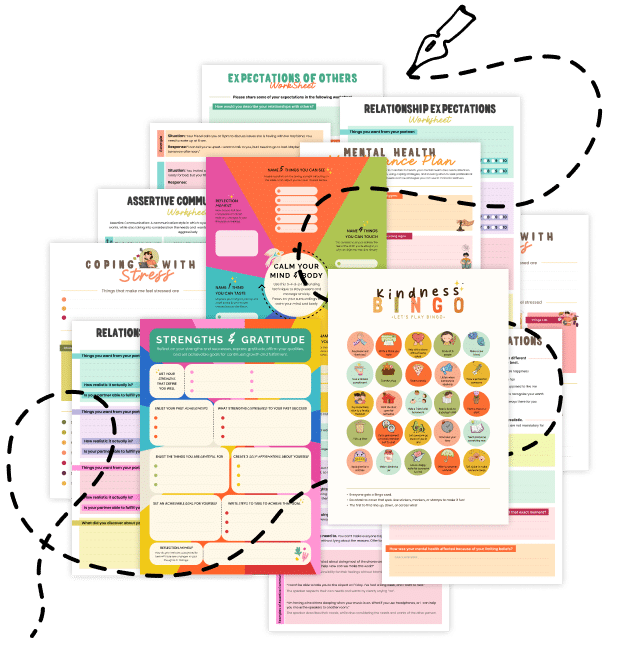20 Things About The Gell-Mann Amnesia Effect
Enhance your media literacy and critical thinking by exploring these 20 insights on The Gell-Mann Amnesia Effect—what it is, why it matters, and how it influences the way you interpret information. Discover how this cognitive phenomenon can make you question the reliability of news sources and encourage a more skeptical approach to what you read.
1. What Is the Gell-Mann Amnesia Effect?
It’s the cognitive phenomenon where you notice glaring errors in news articles about topics you know well, yet you continue to trust the rest of the report as accurate.
2. Named After a Renowned Physicist
The effect is named after Murray Gell-Mann, whose work in physics inspired this observation about media inaccuracies, popularized by writer Michael Crichton.
3. A Critical Look at Media Accuracy
When you read about subjects in which you’re an expert, you often spot mistakes—yet you assume that topics outside your expertise are reported correctly.
4. A Gap in Critical Evaluation
This effect highlights our tendency to selectively scrutinize information, applying our critical eye only where we feel confident.
5. Overgeneralization of Trust
Even after witnessing errors, you might overgeneralize by trusting the accuracy of unrelated topics covered by the same source.
6. Impact on Perception of News
It calls into question the overall credibility of media sources and reminds you that even reputable outlets can make significant mistakes.
7. A Warning Against Uncritical Consumption
The phenomenon serves as a cautionary tale: don’t assume that just because one part of an article is flawed, the rest is accurate.
8. The Paradox of Expertise
Your expertise in one area can ironically make you more aware of errors in that domain, while leaving you less critical of other subjects.
9. Encouraging Media Skepticism
Understanding this effect can help you adopt a more balanced, questioning attitude toward news and information.
10. A Challenge to Cognitive Bias
It exposes the way our brains compartmentalize knowledge—being critical in some areas and complacent in others.
11. Implications for Decision-Making
Believing inaccurate information from trusted sources can lead to poor decision-making, particularly in areas where you’re not an expert.
12. The Role of Confirmation Bias
Even when you recognize errors, confirmation bias might cause you to overlook inaccuracies in other domains, reinforcing the effect.
13. Misinformation and Its Spread
The Gell-Mann Amnesia Effect contributes to the spread of misinformation by creating an illusion of overall reliability.
14. A Call for Active Verification
It encourages you to verify information independently, rather than relying solely on media reports.
15. The Importance of Critical Media Literacy
Being aware of this effect can motivate you to develop stronger media literacy skills and better evaluate sources.
16. Recognizing the Limits of Expertise
It’s a reminder that no one is infallible—both journalists and experts can make mistakes, and skepticism is a healthy response.
17. Broader Social Implications
This effect doesn’t just affect individual readers; it has wide-reaching consequences for public opinion and societal trust in media.
18. A Catalyst for Constructive Dialogue
Acknowledging these biases can lead to more informed discussions and a greater demand for accountability in reporting.
19. Continuous Self-Reflection
Regularly questioning and reflecting on the information you consume helps keep your critical thinking skills sharp.
20. Related Topics to Explore
- Illusory Truth Effect – Understand how repetition can make false information seem true.
- False-Consensus Effect – Discover how you might overestimate how widely your views are shared.
- Self-Consistency Bias – Learn how the desire for consistency in your beliefs can sometimes blind you to errors.
- Knowledge Illusions – Explore the gap between what you think you know and what you actually understand.
- Metacognitive Monitoring – Enhance your awareness of your thought processes to better evaluate information.
Quick Tips to Boost Your Awareness of The Gell-Mann Amnesia Effect
- Question Everything: Even if a source seems reliable, cross-check details, especially in areas where you have expertise.
- Develop Media Literacy: Regularly practice critical reading and evaluation of news articles.
- Stay Skeptical: Remind yourself that one error can be indicative of broader issues within a source.
- Reflect on Past Experiences: Recall instances when you spotted errors and use those lessons to guide future reading.
- Engage in Discussion: Talk about your findings with peers to get diverse perspectives on media accuracy.
Embrace these insights and tips to recognize and counter The Gell-Mann Amnesia Effect, empowering you to become a more discerning consumer of news and a sharper critical thinker!


